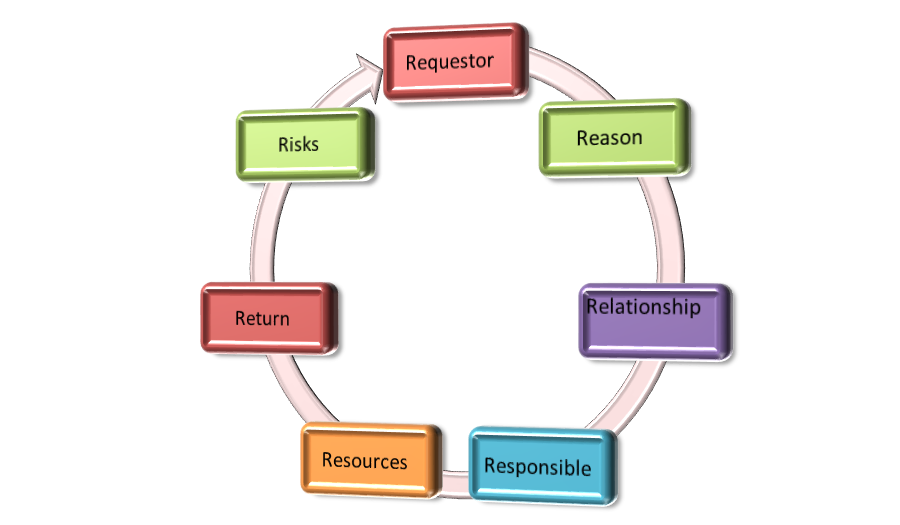Located in Devon, England, Exeter has a population of 129,800 citizens (as of 2016). It lies on the River Exe, around 37 miles northeast of Plymouth. In Britain, it was the most south-westerly settlement of the Romans. During the Middle Ages and after that Exeter became a religious centre with the Exeter Cathedral coming up in the 11th Century. During the Reformation, Exeter became Anglican. The 19th century saw Exeter rise as a trade centre for wool and wool products. The First World War brought a decline to this trading city and it could not be rebuilt till after the Second World War. As of now, Exeter flourishes as a business centre and a place for tourism.
Public Services
The Devon and Cornwall Constabulary provide policing services in Exeter. They are based at Middlemoor in the east of the city. The fire service is provided by the Devon and Somerset Fire and Rescue Service with two fire stations located at Danes Castle and Middlemoor. A hospital by The Royal Devon and Exeter NHS Foundation Trust is located to the south-east of the city centre. There are ambulance services also in Exeter which are provided by South Western Ambulance Service NHS Trust.
Landmarks
Some of the prominent buildings in Exeter are:
- The Cathedral
- Nicholas Priory
- Mary Steps Church
- The Exeter Synagogue
- Ruins of Rougemont Castle
- The Guildhall
- The Custom House
- The Devon County War Memorial
Northernhay Gardens
Northernhay Gardens is the oldest public open space in England that was laid out in 1612 for Exeter residents. The Northernhay Gardens reflect a Victorian design. It is home to various monuments. The monuments included are the war memorial by John Angel, The Deer Stalker statue by E. B. Stephens, and the Volunteer Memorial from 1895. There are also the statues of John Dinham, Thomas Dyke Acland and Stafford Northcote.

 ENQUIRE
ENQUIRE
 REQUEST CALLBACK
REQUEST CALLBACK
 GET A FREE QUOTE
GET A FREE QUOTE


 Introduction
Introduction Course Details
Course Details Course Content
Course Content





 London
London